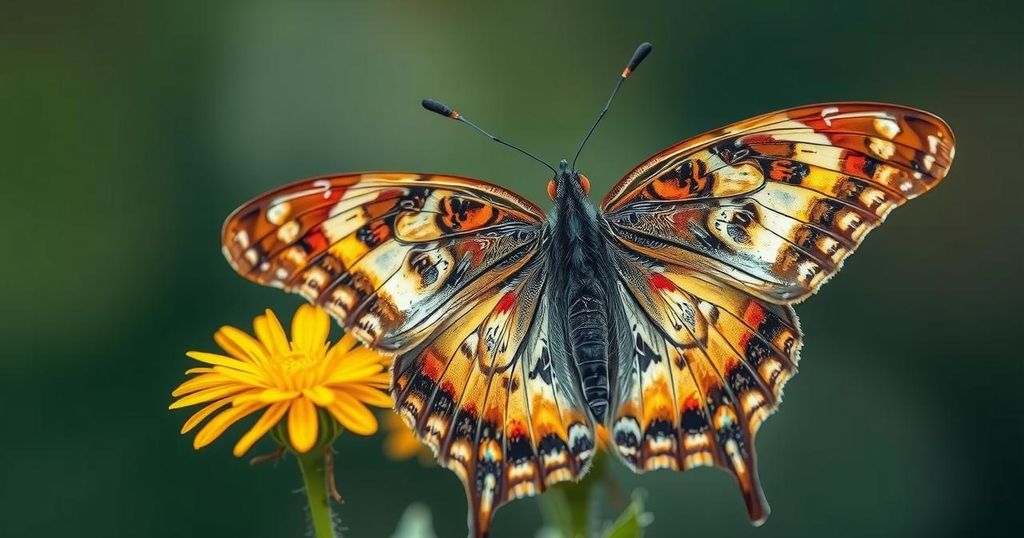The Impact of Climate Change on Butterfly Populations in Greece
Climate change poses severe threats to butterfly populations in Greece, leading to food scarcity, shortened flowering periods, and potential size reduction. Research indicates that these environmental shifts force butterflies into less favorable habitats, impacting their reproduction and survival.
In a controlled environment at a zoo near Athens, vividly colored butterflies feast on orange slices, shielded from the adverse effects of climate change that pose significant threats to their counterparts in Greece and worldwide. The Mediterranean nation is home to approximately 237 butterfly species, many of which are struggling as rising temperatures lead to reduced food availability, shortened flowering periods, and a possible decline in their size. This phenomenon is not isolated to Greece; it mirrors challenges observed globally, including in regions such as Mexico and Britain, where specific butterfly populations have experienced notable declines. “Climate change is impacting butterflies … that rely on temperature to perform essential activities such as mating, reproduction, growth, and feeding,” noted Konstantinos Anagnostellis, an agronomist involved in the MEIOSIS research project at the University of Ioannina. This initiative aims to analyze body weight trends of more than 50,000 butterfly specimens over a century to understand how climate change contributes to decreasing body size. As rising temperatures compel butterflies to migrate to cooler habitats, they often encounter reduced food resources. Additionally, the increasing frequency of wildfires in Greece exacerbates this issue by destroying critical grassland habitats, further limiting food access. Anagnostellis emphasized the grave risks posed to the larvae, stating, “If these plants are burned, there is a risk of direct mortality for the larvae, and we may not have adult butterflies to reproduce, forcing them to migrate to other areas.”
The article discusses the significant impact of climate change on butterfly populations in Greece and globally. As climate conditions shift, butterflies face numerous challenges, including diminished food sources and altered developmental timelines. Research efforts such as the MEIOSIS project aim to quantify these changes to better understand how increasing temperatures affect butterfly morphology and behavior.
In conclusion, the effects of climate change on butterflies in Greece are profound, leading to reduced food availability, shorter life cycles, and potential population declines. The research being conducted is critical to understanding these changes and mitigating threats to biodiversity in both local and global contexts.
Original Source: www.swissinfo.ch




Post Comment